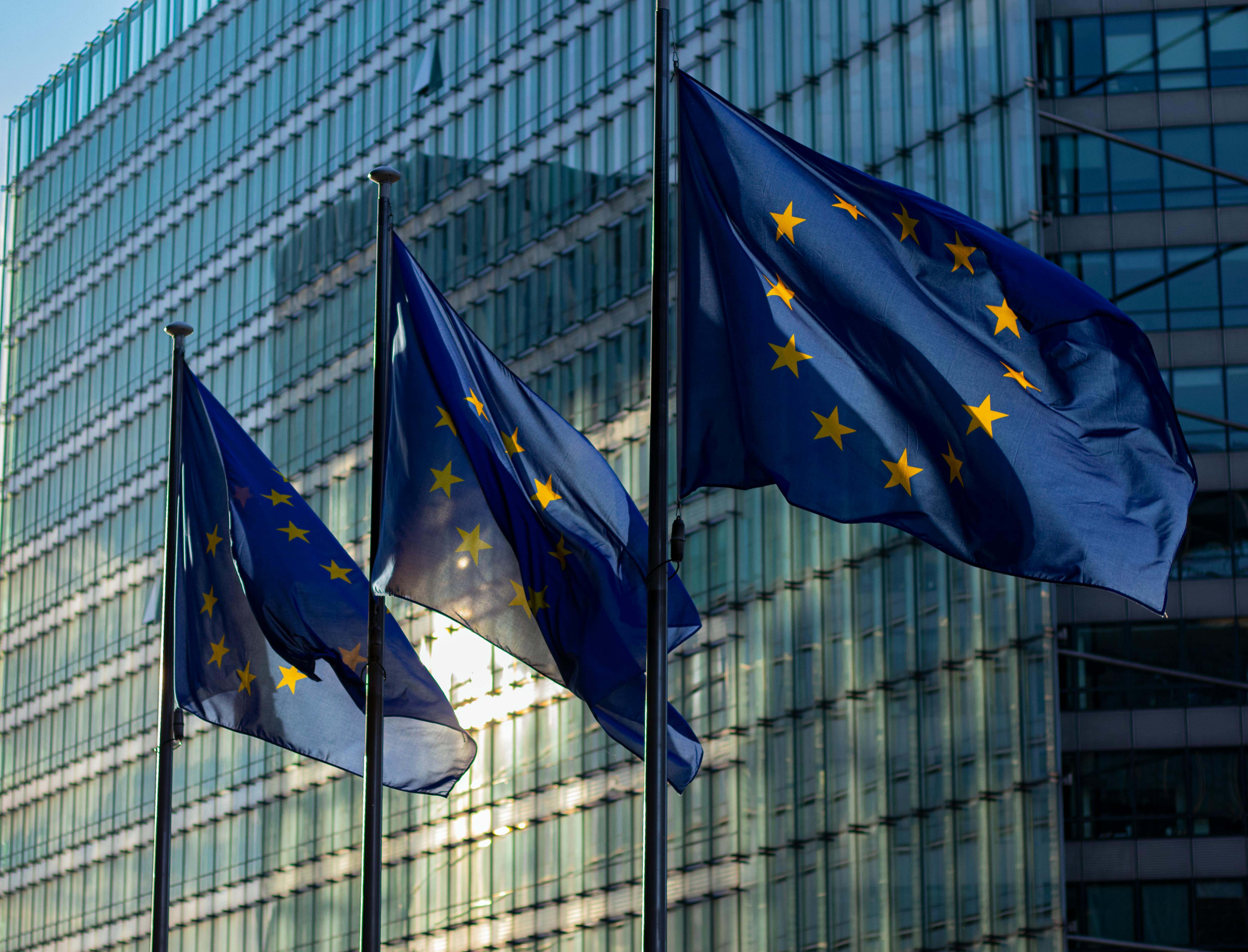
EU, Singapore Ink Landmark Digital Trade Deal
The European Union and Singapore have taken a significant step forward in their bilateral trade relations with the signing of a landmark Digital Trade Agreement (DTA). Signed by Commissioner for Trade and Economic Security Maroš Šefčovič and Singapore Minister-in-charge of Trade Relations Grace Fu Hai Yien, this Agreement marks a major milestone in deepening EU-Singapore cooperation in the digital domain. It also reflects the clear commitment of both sides to strengthen their longstanding economic relations and uphold the rules-based trading order.
The DTA allows the EU and Singapore to keep pace with the fast-evolving nature of the digital economy. It sets a high standard for digital trade rules between the EU and Singapore and raises the ambition of digital trade rules globally. It builds on the EU’s approach for digital and data rules that puts people and their rights at the centre.
Fostering open and competitive digital economies
Singapore is a key partner of the EU. The DTA demonstrates a clear commitment of both partners to be at the forefront of new digital developments while upholding open digital economies that are competitive, transparent, fair, and free of unjustified barriers to international trade.
The DTA will enhance consumer protection, facilitate trusted cross-border data flows and provide legal certainty for businesses that want to engage in cross-border digital trade, as well as addressing unjustified barriers to digital trade. This includes, for instance, the protection of privacy and personal data, customs duties on electronic transmissions, electronic contracts, electronic authentication and trust services, online consumer trust, unsolicited direct marketing communications, open government data, and regulatory cooperation on digital trade.
The DTA will prevent protectionist practices and policies by prohibiting unjustified data localisation measures. This will help to ensure trusted cross-border data flows and the protection of source code against unauthorised disclosure. As part of the negotiations, the Commission ensured full respect for the EU’s privacy and data protection framework, and the preservation of regulatory space in pursuing legitimate public policy objectives.
Next Steps
The EU and Singapore will now follow their respective procedures to work towards ratification of the EU-Singapore Digital Trade Agreement. On the EU’s side, the formal ratification of the Agreement will require the consent of the European Parliament.
The text of the DTA is already publicly available as an annex to the 14 April 2025 Decision of the Council to authorise the Commission to sign the Agreement and will be published on the Commission’s website shortly.
Background
The EU-Singapore DTA is a modern, self-standing agreement – meaning it is separate to the Free Trade Agreement and Investment Protection Agreement between both parties.
The negotiations for the DTA were launched on 20 July 2023 by Commission Executive Vice-President Valdis Dombrovskis and Singaporean Minister for Trade and Industry Gan Kim Yong.
Following the political conclusion of the negotiations on 25 July 2024, the Council authorised the Commission to sign the DTA with its decision of 14 April 2025. As a principle of international law, the signature of an international agreement validates the text and indicates the parties’ willingness to formally bring the agreement to the approval phase. Signature alone does not constitute consent to be legally bound.
Digital trade is growing in size and importance: over 60% of global Gross Domestic Product is now considered linked to digital transactions. In 2019, global online sales rose to over $26 trillion. The EU is the world’s largest exporter of services, and 48% of those services (excluding investment) are digital. In 2022 more than half of the total trade in services between the EU and Singapore was digitally delivered (55% – €43 billion). Digital trade rules foster consumer protection online, and bring new opportunities for businesses, notably for micro, small and medium enterprises to participate in global value chains.
https://ec.europa.eu/commission/presscorner/detail/en/ip_25_1152


